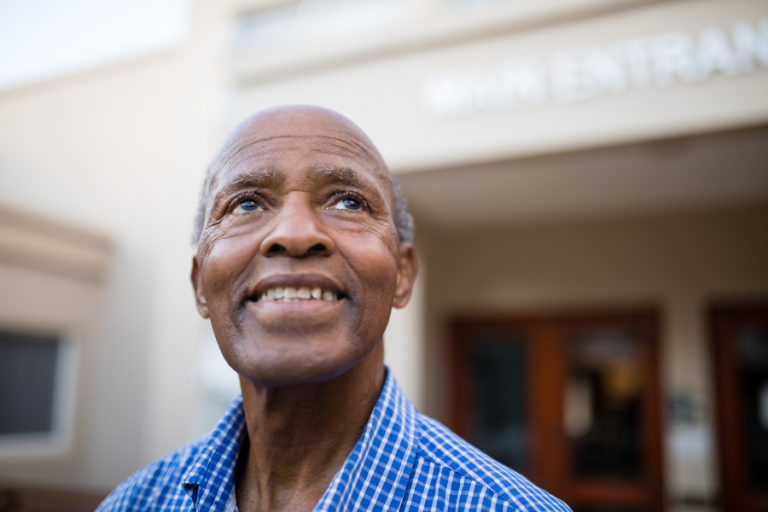Each year, October 6 is France’s national day for caregivers: a golden opportunity to learn more about these people who provide regular, frequent care to someone – often a senior parent or spouse – who has a disability or is unable to carry out certain activities of daily living.
In France, as many as 3.9 million people regularly assist a person aged 60 or older, living in their home, and 720,000 people regularly provide care to someone living in an institution (figures published by the Department of Research, Studies, Evaluation and Statistics, updated on 21 December 2020).
A snapshot of caregivers of seniors

Caregivers are most often of working age and care for close family members.
- More than one-half (53%) take care of a parent; the average age of caregivers who live with the parentis 54, and the average age of caregivers who do not live with the parent is 51.
- More than one-fourth (27.3%) take care of a spouse; their average age is 73.
- Other caregivers look after another relative or someone outside their family; their average age is 66.
Overall, less than half of caregivers have reached retirement. Among working caregivers, 44% say they have trouble balancing their work and family lives.*
How do women and men caregivers differ?
Almost six out of ten caregivers (59.5%) are women.
Women caregivers primarily help with housekeeping, personal care, paperwork and preparing meals, while men caregivers mainly assist with maintenance and gardening work.
Almost one out of every two caregivers has felt at least one negative impact of caregiving on their physical or mental health. This figure rises to 64% among caregivers who live with and provide care for a spouse. Husbands seem to have better experiences with caregiving than wives: 54% of caregiving husbands mention a negative impact, versus 73% for caregiving wives.
Help is available to caregivers from various organisations or even insurers, who can facilitate respite care and/or assist with paperwork. According to the “Supporting Working Carers” report in 2013, when employers support employee caregivers, an 88% reduction in absenteeism and sick leave is observed in the workplace.
Sources:
https://drees.solidarites-sante.gouv.fr/IMG/pdf/dd45.pdf
* 2016 study by La Maison des aidants, a non-profit organisation for caregivers





 Actualité précédente
Actualité précédente  Toutes les actualités
Toutes les actualités  Actualité suivante
Actualité suivante